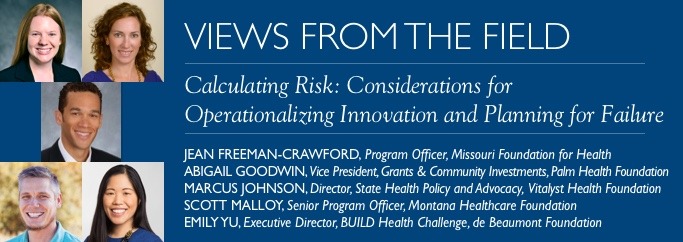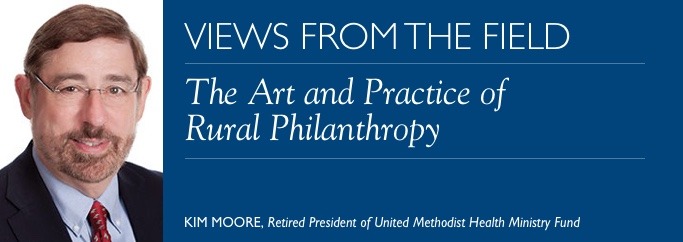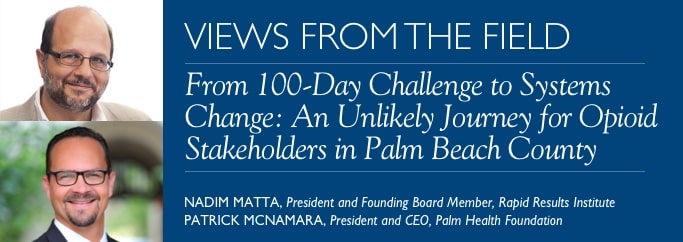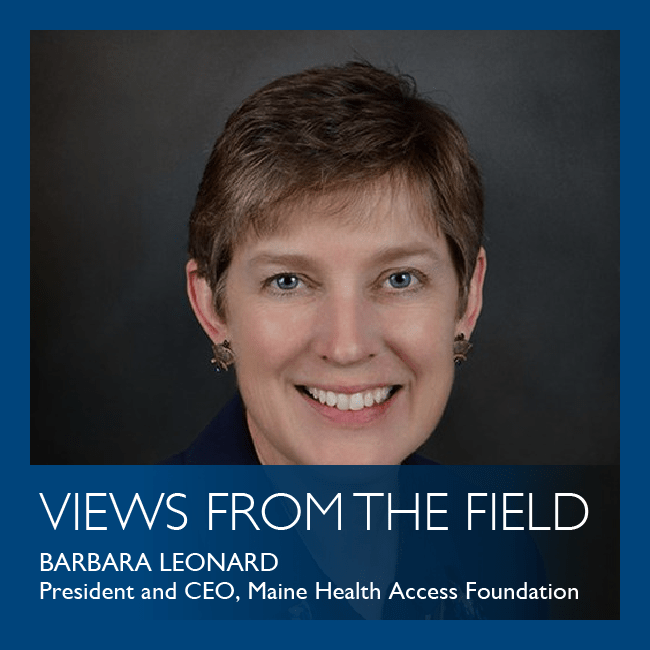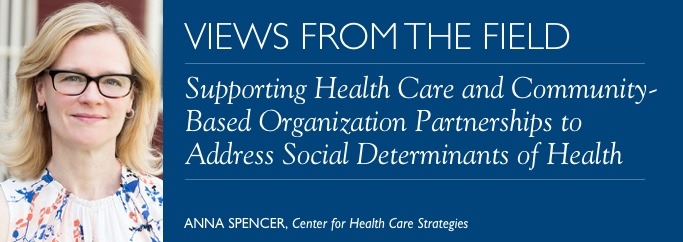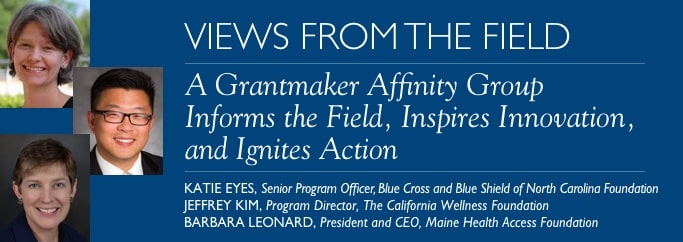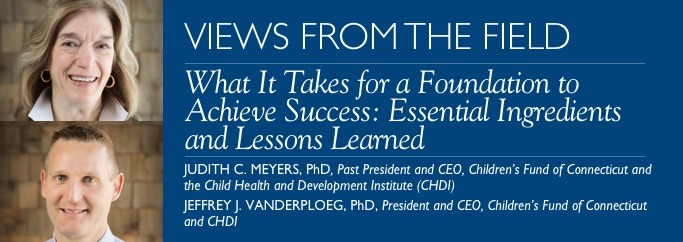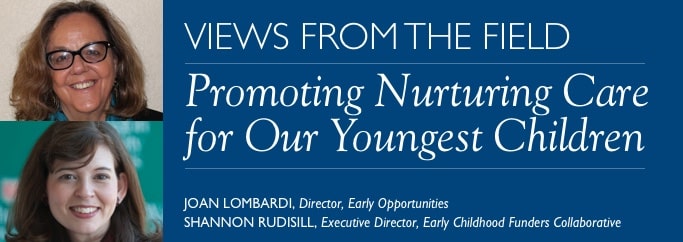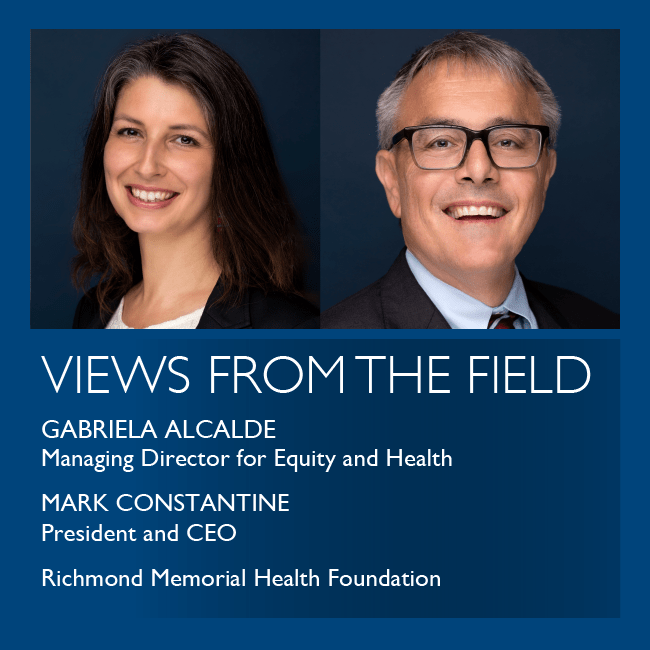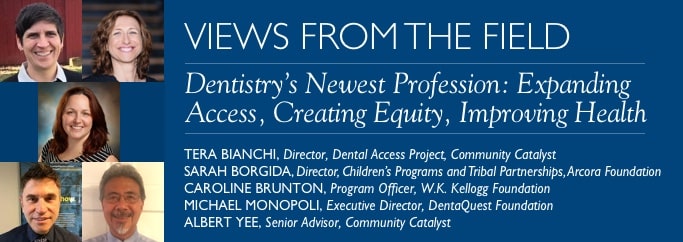Calculating Risk: Considerations for Operationalizing Innovation and Planning for Failure May 2019
Philanthropy’s greatest freedom is, perhaps, the freedom to fail. This insight, stated in Terrance Keenan’s monograph (2000), “The Promise at Hand: Prospects for Foundation Leadership in the 1990s,” sparked robust dialogue during the 2018 Terrance Keenan Institute (TKI) for Emerging Leaders in Health Philanthropy.
The Art and Practice of Rural Philanthropy
Newly formed conversion foundations and community foundations, often with rural areas in their grantmaking territories, have identified the absence of significant regional and national philanthropic attention to rural America.
From 100-Day Challenge to Systems Change: An Unlikely Journey for Opioid Stakeholders in Palm Beach County
Palm Beach County, Florida became an epicenter for the nation’s deadly opioid crisis, with the number of opioid-related deaths hitting epidemic proportions in 2016.
A Grantmaker Affinity Group Informs the Field, Inspires Innovation, and Ignites Action
Early and often, health funders are asked to fund oral health. It has become clear, however, that equally, if not more essential, are investments to eliminate the systemic inequities that concentrate disease in specific populations.
What It Takes for a Foundation to Achieve Success: Essential Ingredients and Lessons Learned
Create healthy outcomes through lasting systems change for children in the state of Connecticut. This was the charge to the Children’s Fund of Connecticut when it was created 25 years ago as a public charitable foundation.
Promoting Nurturing Care for Our Youngest Children
Early childhood matters. Mounting evidence over the last several decades has demonstrated the importance of the early years to long term health, behavior, and learning.
Dentistry’s Newest Profession: Expanding Access, Creating Equity, Improving Health
Dental therapists are oral health care’s newest professionals. In the same way that physician assistants work with medical teams, dental therapists are supervised by dentists and expand the reach of the dental team, which allows people to get dental care in communities that have long gone without it.

